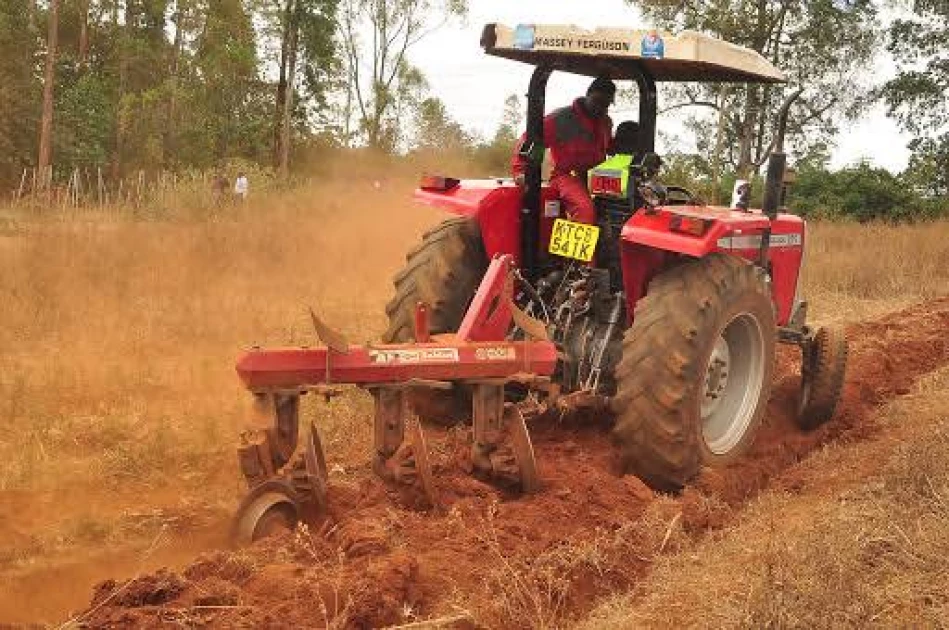OPINION: Smallholder farmers combat Climate Change and restore soil health through Regenerative Agriculture


Audio By Vocalize
Smallholder farmers in Africa are facing significant challenges due to climate change and land degradation, which are negatively impacting crop production and supply chains.
However, regenerative agriculture has emerged as an effective solution to combat these issues and restore soil health.
By implementing farming practices such as organic farming, cover cropping, mulching, minimum tillage, micro-dosing, and an inter-cropping system of maize and high-yielding, nitrogen-fixing climbing beans, alongside agroforestry crops, smallholder farmers can improve soil fertility and restore land.
In Kenya, at least 1% of smallholder farmers have already adopted regenerative agricultural practices to mitigate the impacts of climatic shocks.
Biodigesters have emerged as a particularly popular solution, with at least 20,000 small hold farmers in Kenya using the technology to produce biogas and biofertilizer simultaneously.
Previously, biodigesters were considered a luxury item only accessible to wealthy farmers with large tracts of land and numerous animals. However, companies such as Sistema.bio are now developing technologies that cater to the needs of smallholder farmers.
The Sistema.bio digester, for example, can be installed on farms as small as 0.5 acres without affecting crop coverage. The technology can also function optimally with as few as two cows and can provide 5 litres of bio-fertilizer every day with just 3 hours of cooking time using biogas.
Most importantly, the Sistema.bio technology is the most affordable bio-digester technology for smallholder farmers, with installation costing as little as three thousand shillings.
Biofertilizers are a key component of regenerative agriculture, as they boost plant growth and yield by 10-40%. They improve soil fertility and crop yield, protect plants against pests and diseases, enhance seedling survival, extend the root system's life, eliminate harmful chemicals, and shorten flowering time.
Furthermore, biofertilizers are no longer necessary after 3-4 years of continuous use, as the parental micro-bacteria are sufficient for growth and multiplication, significantly reducing the effects of land degradation and climate change.
Mr. Ayub Mbijiwe, a farmer from Meru says “Biofertilizer stops the need for off-farm inputs and goes in line with the need for producing organically”.
Continuous efforts to support farmer education and adaptation can encourage more impactful perceptions and actions towards climate change.
Adopting regenerative agriculture practices, such as the use of bio fertilizers, can contribute significantly to mitigating climate change and land degradation's effects.
With the right technology and support, smallholder farmers can improve their yields, protect the environment, and increase their income, making it a win-win for everyone.
Eng. Madrin Maina, Director-East Africa, Sistema.bio


Leave a Comment